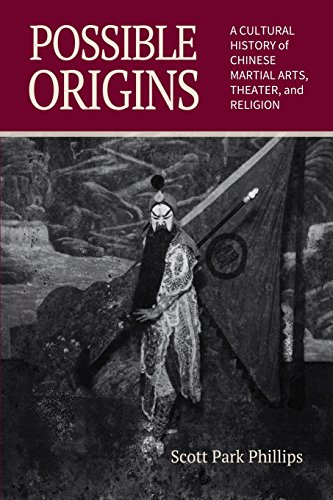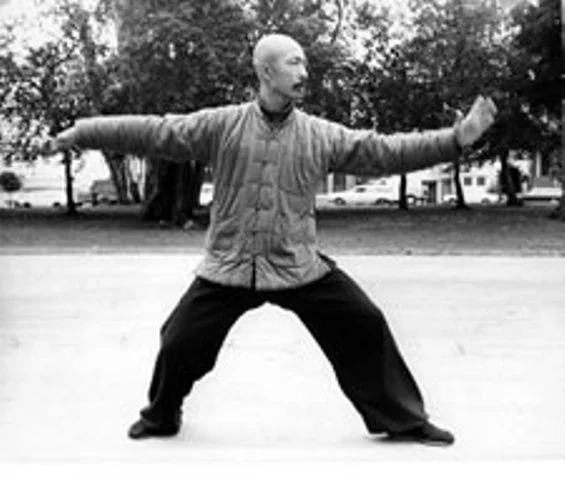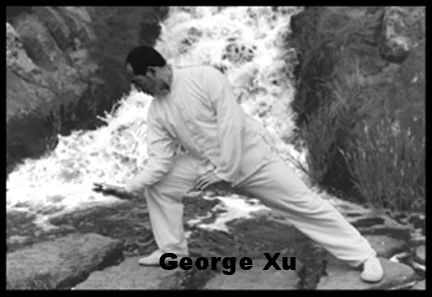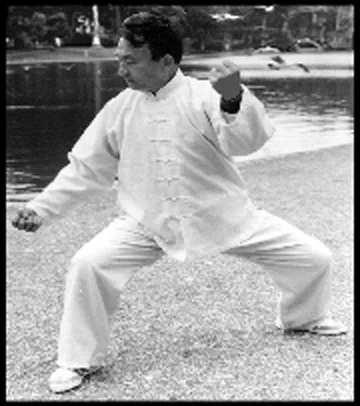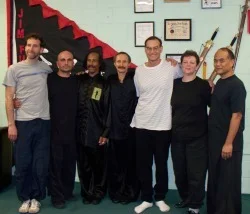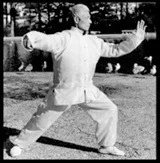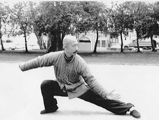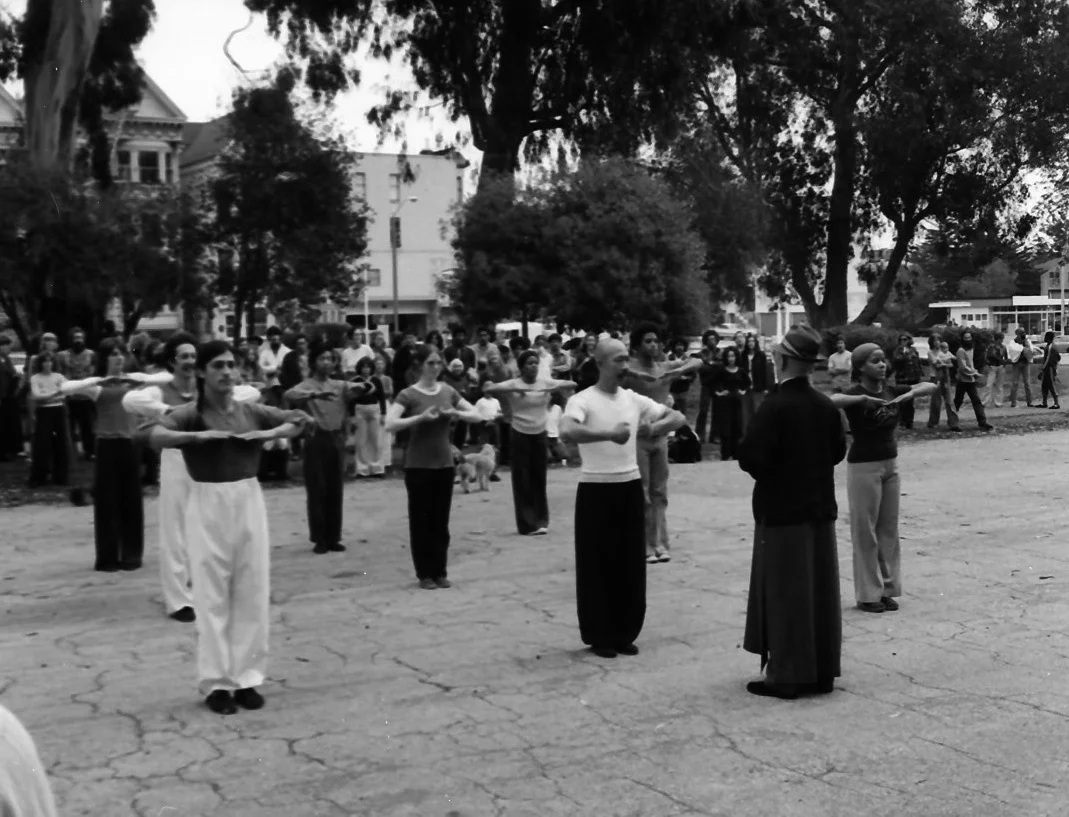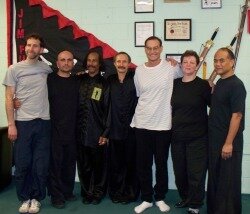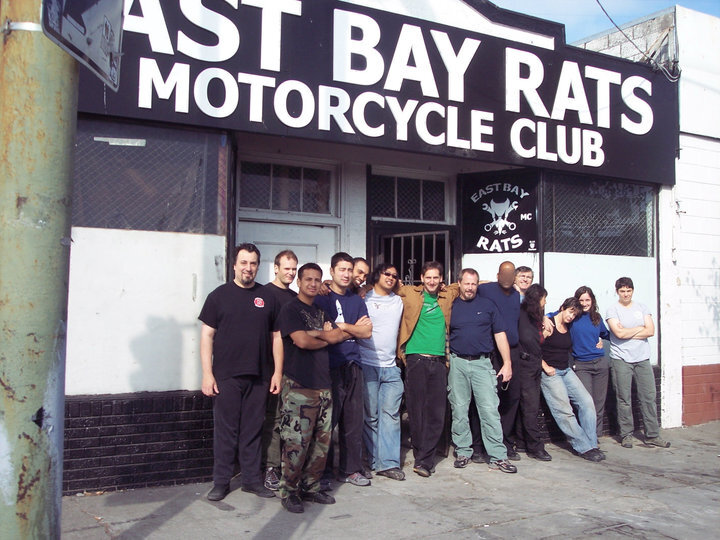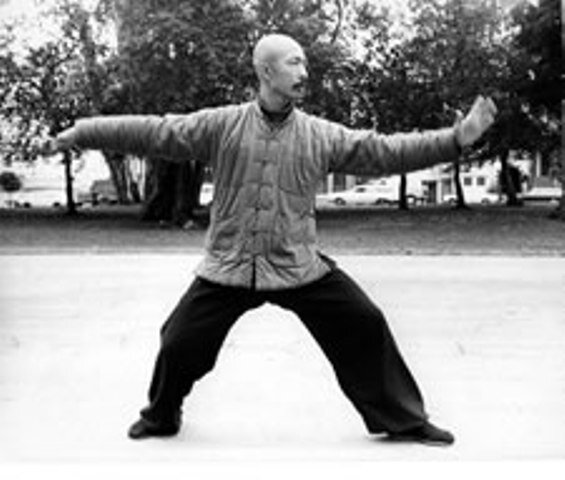Scott Park Phillips • 415-200-8201 • gongfuguy@gmail.com • Louisville, Colorado
View and Background
Some might say that Scott teaches traditional Chinese Martial Arts in a non-traditional way. Others might counter that Scott is accessing the original intent of the creators of Chinese Internal Martial Arts to get at the core of their inspiration.
At the age ten Scott Park Phillips began studying the traditional opera style of Northern Shaolin with Bing Gong, although at the time he was told nothing about its connections to opera. Bing was a noted disciple of Kuo Lien-ying, one of the first teachers of Chinese Martial Arts in the West. With Bing he also learned Tai Chi and Yiquan.
Scott first studied improvisational theater at age fifteen with the legendary Keith Johnstone, beginning a commitment to fostering the spontaneous in everything he does as the perfect and necessary balance to discipline and systemization.
A professional Modern Dancer in his twenties, Scott was drawn to apprentice in the exquisite high arts of North Indian Dance with Pandit Chitresh Das, and Congolese Dance with Malonga Casquelourd. Living in San Francisco during the height of the ethnic dance explosion, he danced with masters of traditions from all over the world. Since moving to Boulder, Colorado in 2015, he has performed Ghanaian Dance both with Maputo Mensa & with the Mokomba Ensemble. He spent the Summer of 2023 studying dance and drumming in Ghana. In 2024 he rekindled his interest in Ballet and has been studying will local luminaries. This combination of depth and breadth gives Scott a unique perspective on human movement.
From this experience Scott realized that we were not getting the straight story on the origin of Chinese Martial Arts. Loving the depth that these arts reveal, he began immersing himself in Chinese culture, religion and history to find out why they were full of theatricality, dance, and religious cosmology. [In 2025 Scott founded the Center for the Integration of Dance and Martial Arts (501c3) to explore these connections more deeply.]
In 1989 Scott began studying with George Xu, a noted martial artist who has been influential in the Internal Martial Arts community for four decades. Xu’s genius is that he has continuously travelled around China seeking out its greatest masters, sometimes bringing them to the United States to teach, but always learning from them, assimilating the experience, and then sharing it. Studying with him year to year is to have previous concepts and perceptions regularly flipped upside down or reversed—itself a primary characteristic of the Golden Elixir.
Scott was an intimate disciple of the late Daoist master Liu Ming for ten years. Liu Ming transmitted the Orthodox Daoist methods of the Golden Elixir (Jindan), Non-conceptual Meditation (Zuowang), Daoyin (emptying and transforming), and Dreaming. However, unlike most modern education, the way Liu Ming taught was to de-emphasized the methods themselves. His teaching style, languid and disheveled, was a constant expression of a particular Daoist view of the human relationship to ritual and being.
Scott has had a wide range of incarnations as a teacher of children and adults. Leading wilderness adventures for at-risk youth, ropes courses, sailing, dance, gymnastics, improvisational theater, kungfu musical theater, professor at the American College of Traditional Chinese Medicine, senior award winning artist at Performing Arts Workshop, Daoist nutrition, meditation, Daoist text study, and Dance as self-defense. He has been teaching traditional discipline-based Chinese Martial Arts for 30+ years.
Seeking innovation with depth, Scott developed a strong relationship with self-defense maven Rory Miler and subsequently invented a way to use common dance ideas to teach modern self-defense. As crazy and counter intuitive as it sounds, it turned out that dance is a better tool for teaching self-defense than martial arts.
Read about Dance as Self-Defense here.
Scott collaborated with Michael DeAgro in pioneering the use of Daoyin as a core movement practice used to transmit advanced Asian bodywork and Traditional Chinese Medicine. They then developed this material into consecutive year long masters level training programs in Chicago. Over the years Scott has sought out Somatic collaborations, notably with Body-Mind-Centering and Alexander Technique.
And finally, Scott is an author and one of the founders of the field of Martial Arts Studies, his original research re-wrote the history of Chinese Martial Arts, especially the arts of Tai Chi and Baguazhang, bringing into focus the importance of religion and theater in the development of these arts as well as the influence of Chinese Christian Secularism in obscuring these origins.
Studying with Scott is a unique experience!
Read Scott's Publications or Download his CV.
See What Scott's Fans Are Saying!
PHOTOS OF MY TEACHERS

